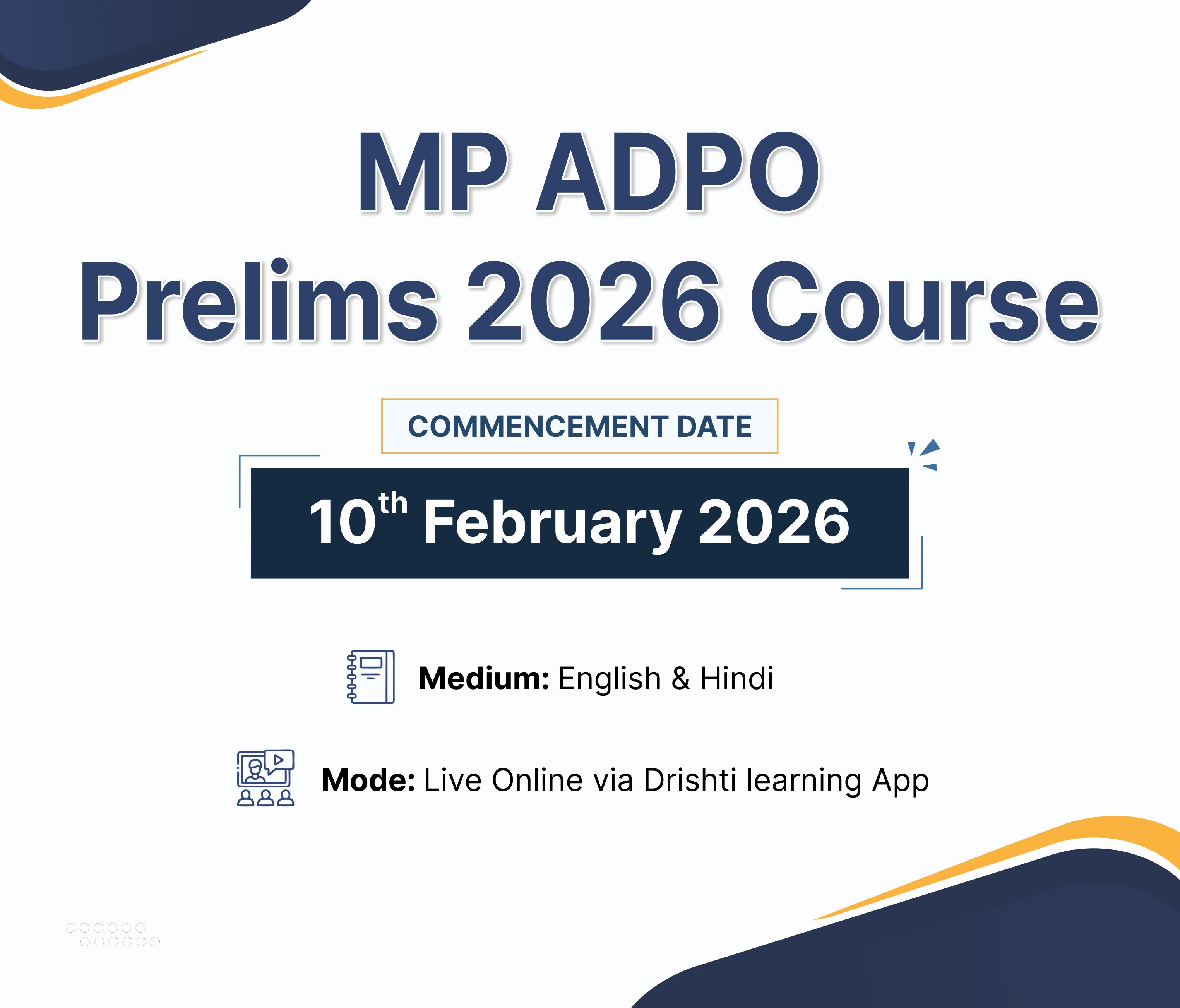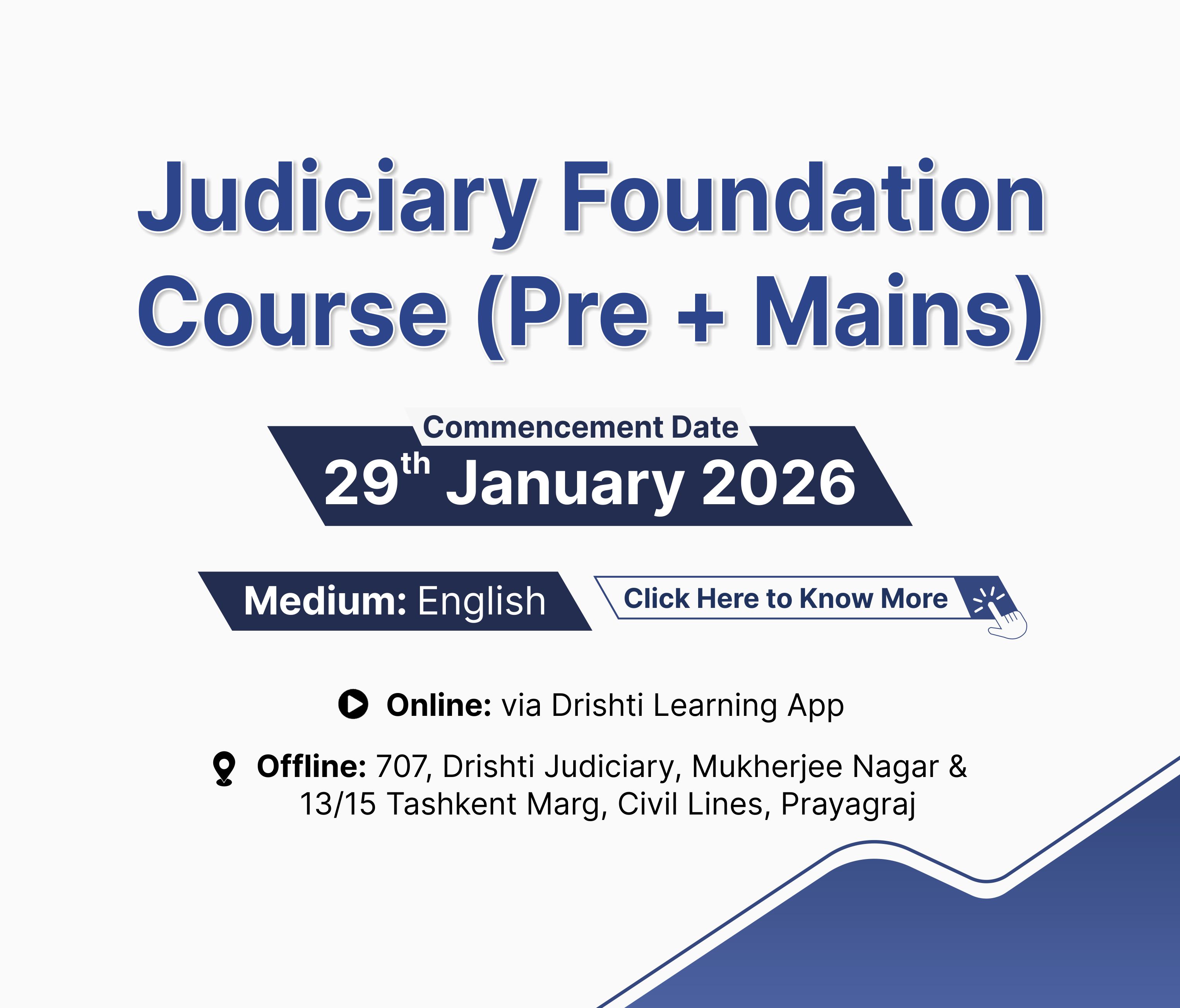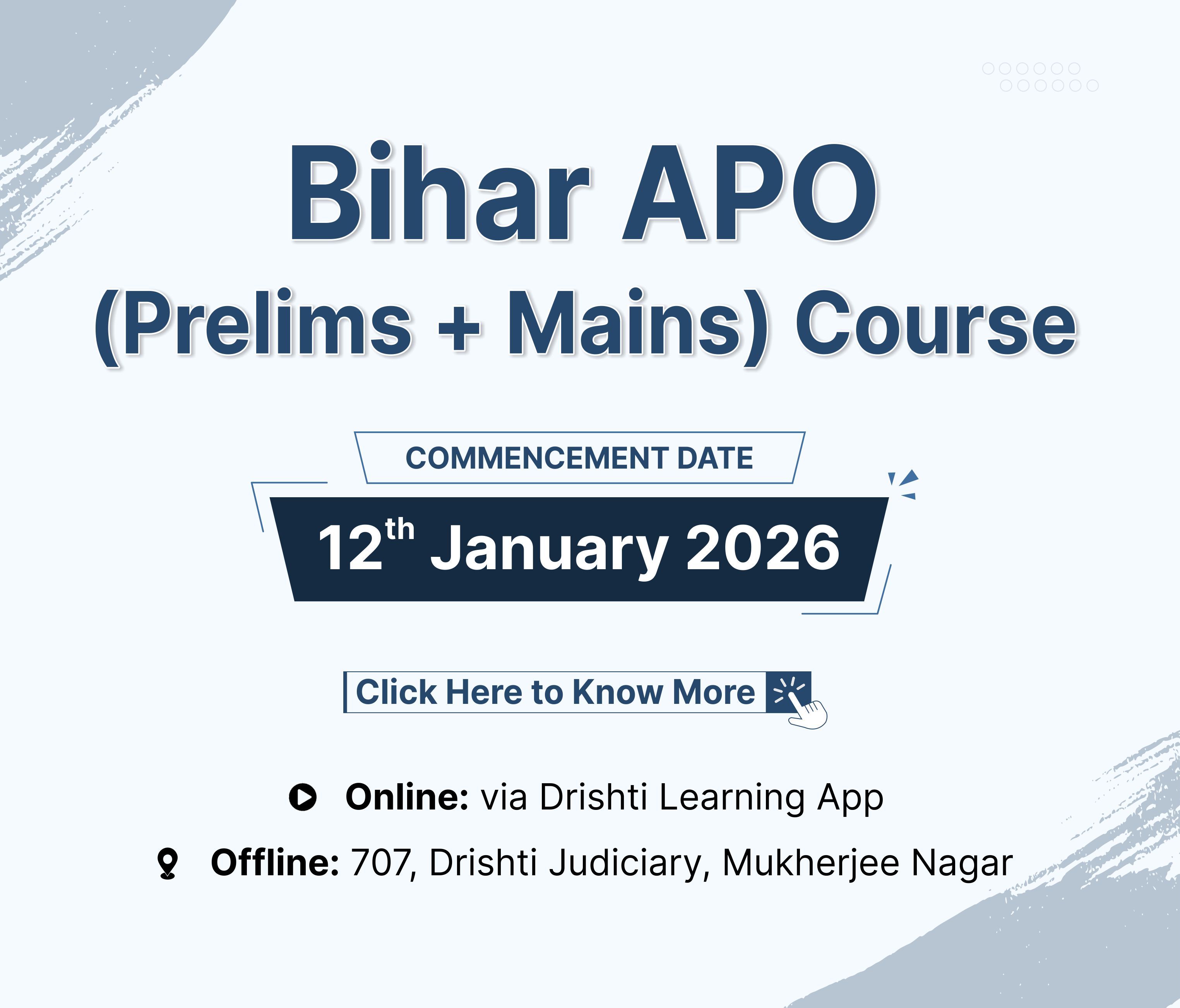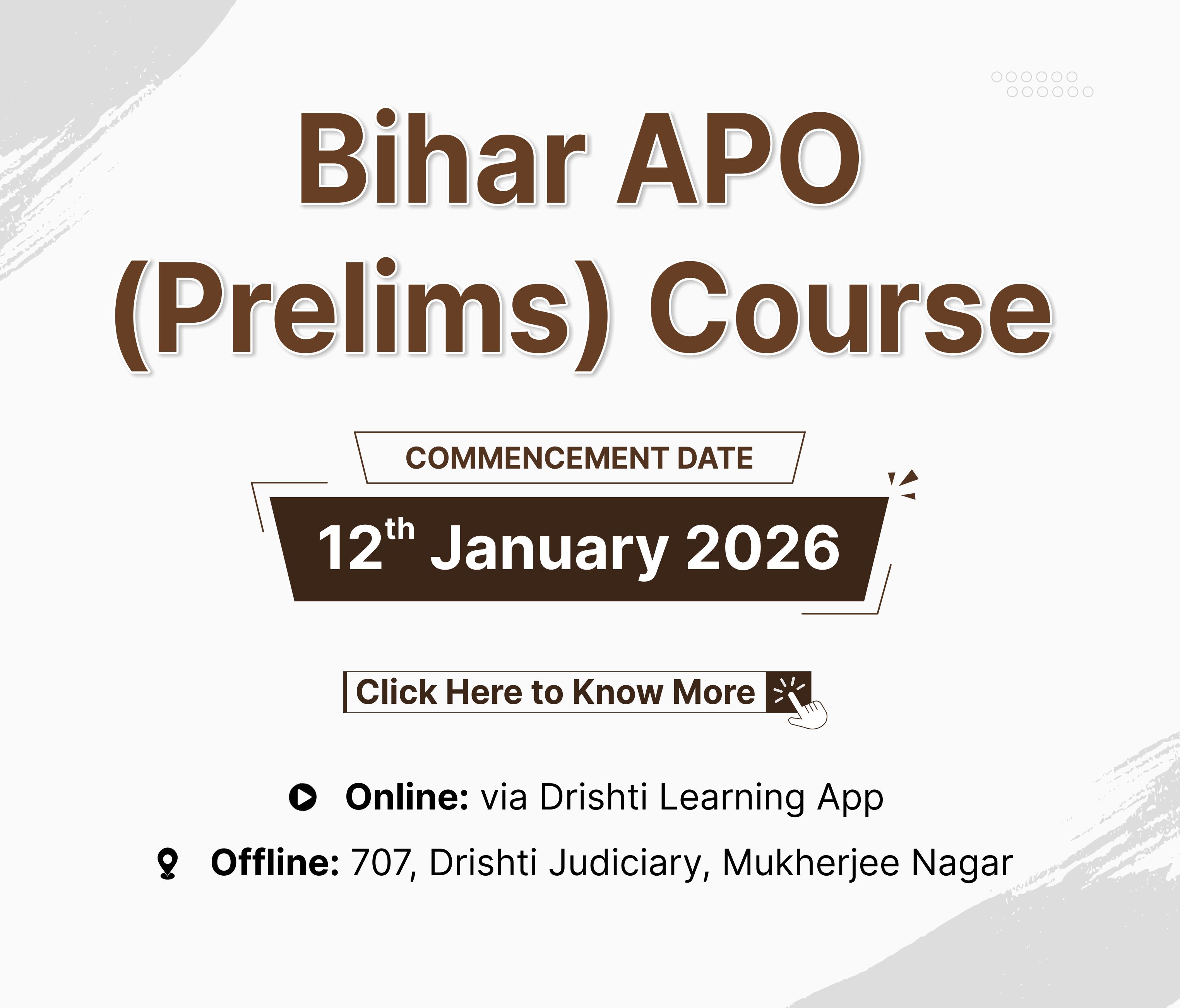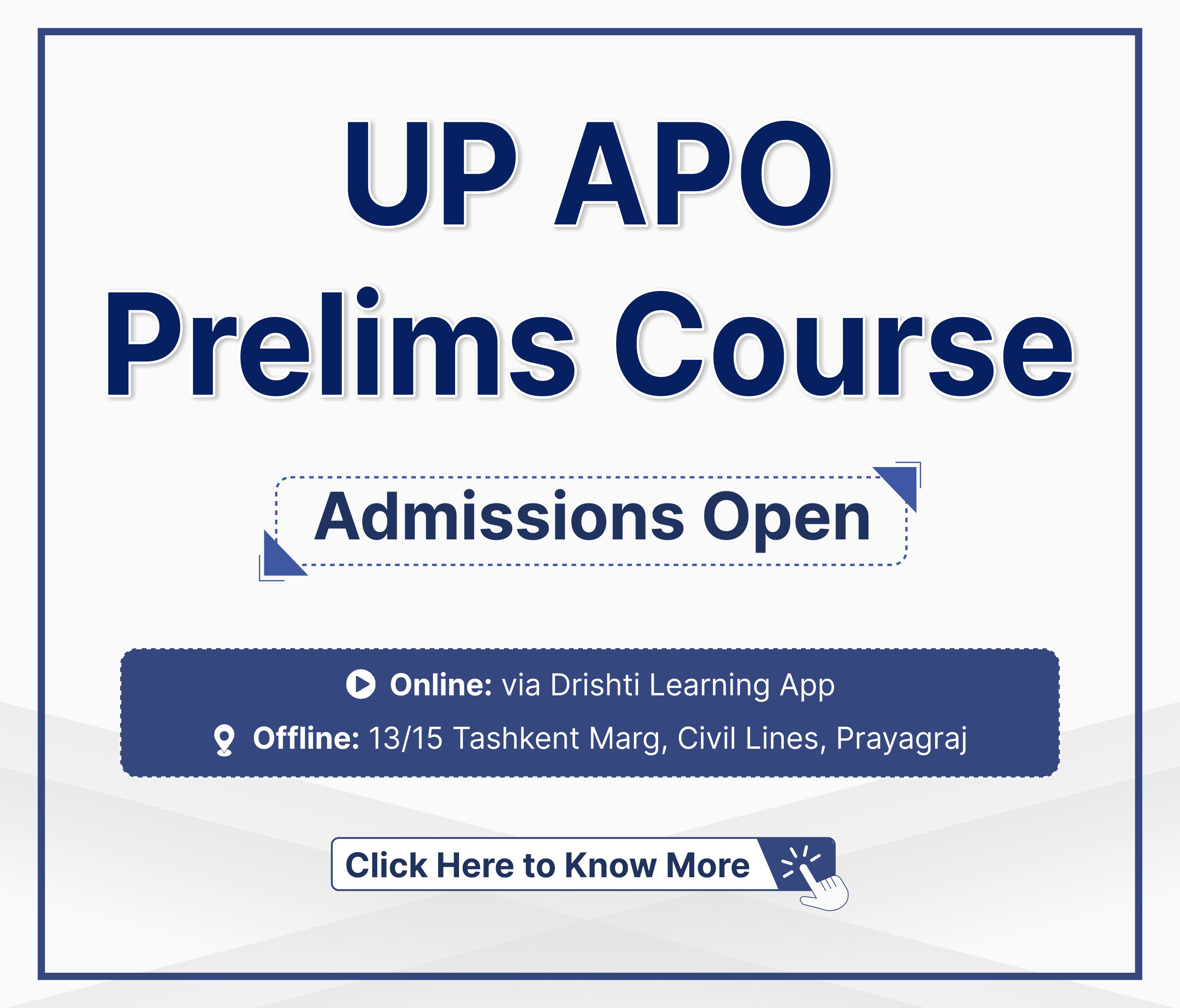List of Vocabulary
Cancellation of Instrument
- Nullification of a written document.
Caricature
- A picture or description of somebody that makes his/her appearance or behaviour funnier and more extreme.
Circumstantial Evidence
- Evidences of indirect nature.
Citizenship
- The status of a citizen of a country.
Coercion
- Application of force either physical or moral as to constraint someone to act against his will.
Cognate
- When two persons are related by blood or adoption but not wholly through males
Cognizable Offence
- Where Poilce Officer can arrest without warrant.
Cognizance
- Jurisdiction over the hearing and trying of a case.
Commercial
- Connected or related to commerce.
Common Intention
- An intention shared by all concerned.
Common Object
- An object shared by all concerned.
Commutation
- The substitution of a lesser punishment for a greater one.
Complainant
- The party who makes the complaint in a legal action or proceeding.
Complaint
- A formal accusation in the court of law.
Concealment
- The action of concealing.
Conclusive Proof
- When one fact is declared by this Act to be conclusive proof of another, the Court shall, on proof of the one fact, regard the other as proved, and shall not allow evidence to be given for the purpose of disproving it.
Concurrent
- Running together in time or space.
Concurrent List
- The concurrent list consists of subjects of common interest to both the Union and the States.
Conditional Order
- An order having a condition added to it
Condone
- To pardon.
Confession
- The action of confessing or acknowledging one's guilt.
connivance
- passive consent; a corrupt or guilty assent to wrong doing not involving actual participation in it, but implying knowledge of and failure to prevent or oppose it
Consent
- A concurrence of will.
Consequence
- Something that happens or follows as a result of something else.
Conspiracy
- A planning and acting together secretly especially for an unlawful or harmful purpose.
Constitution Bench
- Any case involving a substantial question of law as to the interpretation of the Constitution must be decided by a Bench of at least five judges. Such a Bench is called a Constitution Bench.
Constitutionalism
- to limt the power of goverment and follow the constitution
Constructive
- That which has not the character assigned to its own nature but acquires such character in consequence of the way in which it is regarded by a rule of or of policy of law.
Contents
- That which is contained within something.
Contingent
- Possible, but not assured ; conditioned upon the occurrence of some future event which is itself uncertain, or questionable.
Contingent Interest
- An interest that the holder may enjoy only upon the occurrence of a condition precedent...
Contract
- An agreement enforceable by law.
Contributory negligence
- The act or omission amounting to want of ordinary care on the part of the complaining party which concurring with defendant's negligence, is proximate cause of injury
Convict
- A person found guilty of an offense.
Coparcener
- one who shares (equally) with others in inheritance in the estate of a common ancestor
Copyright
- The legal right to be the only person who may print, copy, perform, etc. a piece of original work, such as a book, a song or a computer program
Council of States
- The upper house of India's bicameral Parliament.
Counterclaim
- A claim set up against the plaintiff in the same suit.
Counterfeit
- Imitate with the intent to deceive.
Court of Justice
- A Judge or a body of Judges which is empowered by law to act judicially as a body when such Judge or body of Judges is acting judicially.
Court of Session
- A Court of Session is the highest Criminal Court in a district and the court of first instance for trying serious offences.
Cousin
- Any collateral relation except brothers and sisters and their descendants and the brothers and sisters of any ancestor
Covenant
- An agreement by deed between two or more persons to do one or more thing or things.
Creditor
- A person to whom a debt is owned by another person called the debtor.
Criminal proceeding
- A proceeding instituted and conducted for the purpose either of preventing the commission of a crime or forfixing the guilt of a crime already committed and punishing the offender, as distinguished from a civil proceeding which is for the redress of a private injury
Cross Examination
- The examination of a witness by the adverse party.
Culpable Homicide
- The crime of killing a person under circumstances previously defined by statute that does not amounts to murder.

